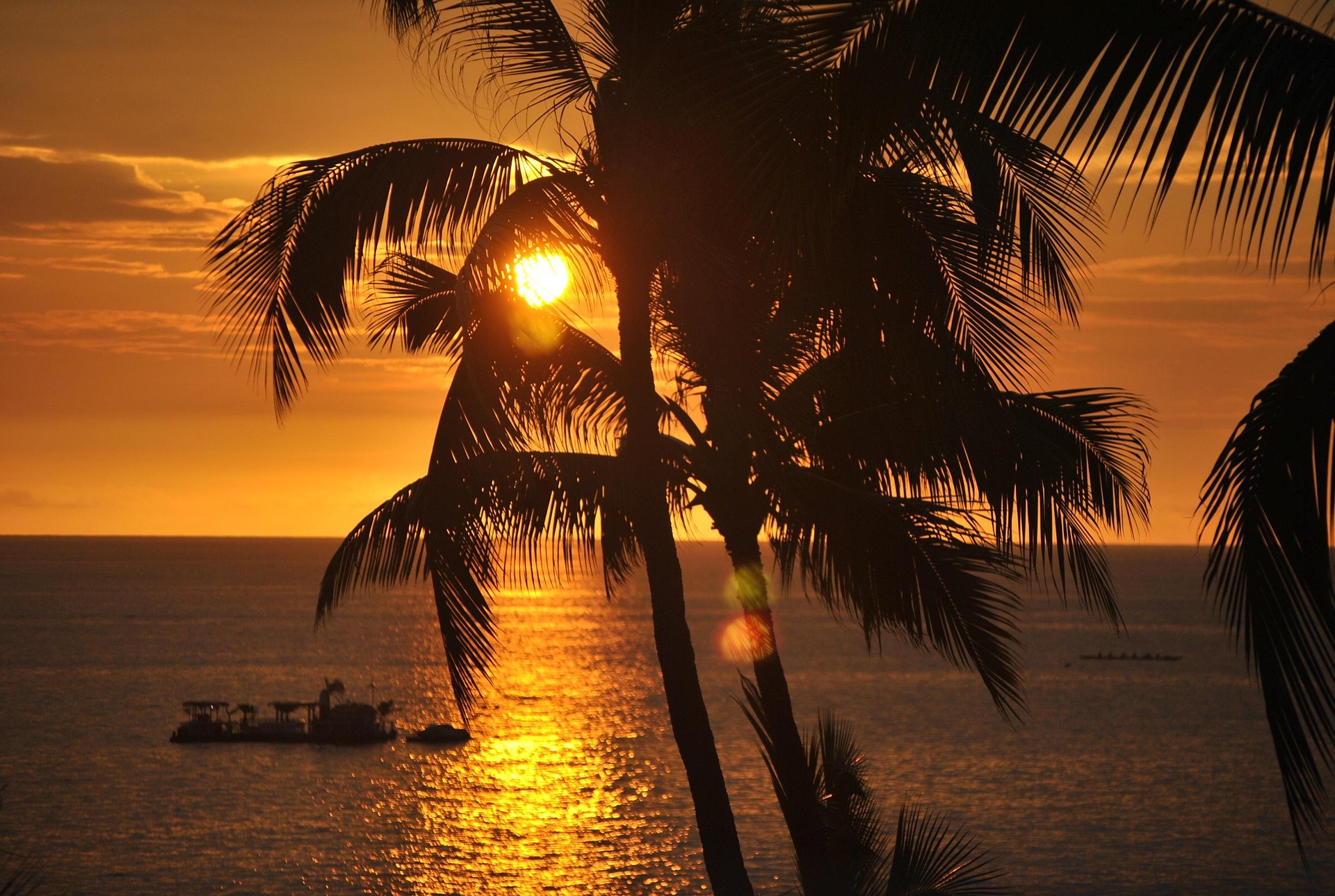The Hawaiian lifestyle, deeply rooted in cultural traditions, natural surroundings, and with an emphasis on balance and harmony, offers numerous health advantages for both tourists and local residents. These benefits stem from the integration of physical activity, dietary practices, environmental factors, and a sense of community and well-being that characterize the daily life of residents in Hawaii.
The Hawaiian lifestyle promotes physical health through consistent engagement with outdoor activities.
The islands’ temperate climate and abundant natural landscapes, including beaches, mountains, and forests, encourage physical pursuits such as swimming, surfing, hiking, and paddling. These activities not only improve cardiovascular health but also enhance muscular strength, flexibility, and endurance. The proximity to nature further supports mental health by reducing stress and fostering relaxation.
The traditional Hawaiian diet, rich in fresh, locally-sourced foods, is another significant contributor to health when experiencing the natural Hawaiian lifestyle.
Staples such as fish, taro, sweet potatoes, and fresh fruits are nutrient-dense and low in processed sugars and unhealthy fats. The emphasis on fresh produce, including papayas, mangoes, and guavas, provides essential vitamins, antioxidants, and fiber that contribute to improved digestion and immunity. The consumption of lean proteins from fish, particularly those rich in omega-3 fatty acids, supports cardiovascular health and cognitive function.
The sense of community inherent in Hawaiian culture offers substantial mental and emotional health benefits.
The concept of aloha, which encompasses love, compassion, and mutual respect, fosters strong social bonds and a sense of belonging. These relationships act as a buffer against loneliness and depression, enhancing overall mental well-being. Participation in communal activities, traditional ceremonies, and shared meals reinforces a supportive environment that encourages emotional resilience.
Environmental factors also play a crucial role in the health advantages of the natural Hawaiian lifestyle.
The clean air, abundance of sunlight, and moderate temperatures create a unique, natural setting conducive to outdoor living and physical activity. Exposure to sunlight promotes the production of vitamin D, essential for bone health, immune function, and mood regulation. The natural beauty of the Hawaiian islands contributes to a sense of peace and well-being, reducing anxiety and promoting emotional and even cognitive stability.
The emphasis on natural living and natural balances in Hawaiian culture further supports mental and physical health. Practices such as hula, meditation, and traditional chants encourage a focus on the present moment and foster a deep connection with oneself and the surrounding environment. These activities have been shown to reduce stress, lower blood pressure, and improve overall mental clarity.
The Hawaiian lifestyle also prioritizes sustainability and respect for the environment through principles like malama ‘aina, which emphasizes caring for the land. This holistic approach to living cultivates a sense of purpose and responsibility, fomenting a more intimate connection with the natural environment, which has been linked to improved mental health and a greater sense of life satisfaction.
The natural Hawaiian lifestyle integrates physical activity, nutritious dietary practices, strong social bonds, and environmental mindfulness, creating a complete and holistic framework for improved physical, mental, and emotional health. These elements not only contribute to individual well-being but also foster a sense of harmony with the community and natural world, encapsulating the very essence of living in balance within the experience that is the natural Hawaiian lifestyle.

